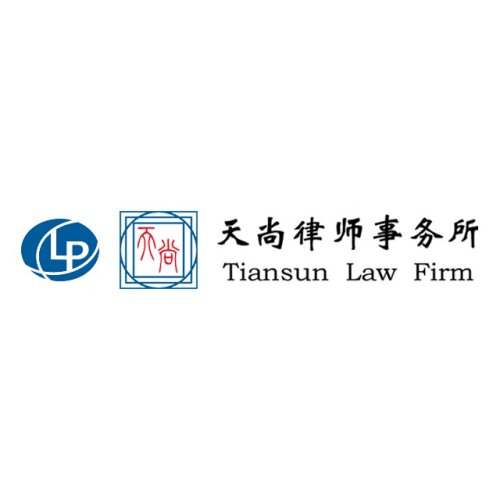Best Appeal Lawyers in Beijing
Share your needs with us, get contacted by law firms.
Free. Takes 2 min.
List of the best lawyers in Beijing, China
About Appeal Law in Beijing, China
Appeal Law in Beijing, China primarily revolves around the process of seeking a higher court's review of a lower court's decision. The purpose of an appeal is to correct legal errors and ensure justice. The appellate process in Beijing is governed by the laws set down in the Chinese legal code. Appellants need to ground their appeals in questions of law, as opposed to questions of fact.
Why You May Need a Lawyer
Engaging a lawyer becomes critical when you are contesting a judgment or order from a lower court's decision. Lawyers have the requisite knowledge and experience to navigate the labyrinth of legal procedures. They can assist you in drafting your grounds of appeal concisely, identifying procedural or legal errors, submitting necessary documents on time, and advocating on your behalf in the court.
Local Laws Overview
The local Chinese laws vest the power to review appeals in the Higher People's Court. An appeal must be filed within 15 days of receiving the sentence or decision from the lower court. Petitioners must present new evidence, establish violations in due process, or point to misinterpretation and misapplication of the law by the lower court. Furthermore, there is no limit to the number of times an appellant can seek retrial regarding the same legal matter.
Frequently Asked Questions
1. Can I appeal to a higher court without a lawyer?
While it is theoretically possible to appeal a court's decision without a lawyer, it's not advised due to the complexity and high stakes involved in the process. A lawyer's expertise can significantly increase the likelihood of a successful outcome.
2. Can I appeal to the court based on a sentence I feel is unjust?
Yes, you can appeal to the court if you consider the sentence pronounced by a lower court to be unjust. However, your appeal must be confined to the ground of legal errors and not just based on your dissatisfaction with the outcome.
3. How long do I have to appeal a court decision?
Generally, you have 15 days from the date of receiving the verdict or sentence to appeal a lower court’s decision.
4. Can I present new evidence during an appeal?
Yes, you can present new evidence during an appeal provided it proves to have direct relevance to your case and was not discoverable at the initial trial.
5. Do I need to be present during the appeal proceedings?
While you do not necessarily have to be present during the proceedings, it is preferable that you attend. Your presence might be essential if the appellate court aims to conduct a re-trial.
Additional Resources
For further help or advice, you can approach institutions like the Beijing Legal Aid Foundation, the Beijing Lawyers Association, or the Beijing Higher People's Court. The legal databases and libraries of local universities can also be used for research purposes. Additionally, the China Law Translate community offers translated Chinese court judgments and legal discussions which can be insightful.
Next Steps
If you need legal assistance for an appeal in Beijing, China, start by approaching a reputable law firm or lawyer experienced in appeal cases. They can guide you through the technicalities, ensuring a proper evaluation of your case, and determine the chances of success in an appeal. Always ensure to provide your legal representative with complete and truthful information to promote the best possible outcome.
Lawzana helps you find the best lawyers and law firms in Beijing through a curated and pre-screened list of qualified legal professionals. Our platform offers rankings and detailed profiles of attorneys and law firms, allowing you to compare based on practice areas, including Appeal, experience, and client feedback.
Each profile includes a description of the firm's areas of practice, client reviews, team members and partners, year of establishment, spoken languages, office locations, contact information, social media presence, and any published articles or resources. Most firms on our platform speak English and are experienced in both local and international legal matters.
Get a quote from top-rated law firms in Beijing, China — quickly, securely, and without unnecessary hassle.
Disclaimer:
The information provided on this page is for general informational purposes only and does not constitute legal advice. While we strive to ensure the accuracy and relevance of the content, legal information may change over time, and interpretations of the law can vary. You should always consult with a qualified legal professional for advice specific to your situation.
We disclaim all liability for actions taken or not taken based on the content of this page. If you believe any information is incorrect or outdated, please contact us, and we will review and update it where appropriate.
















